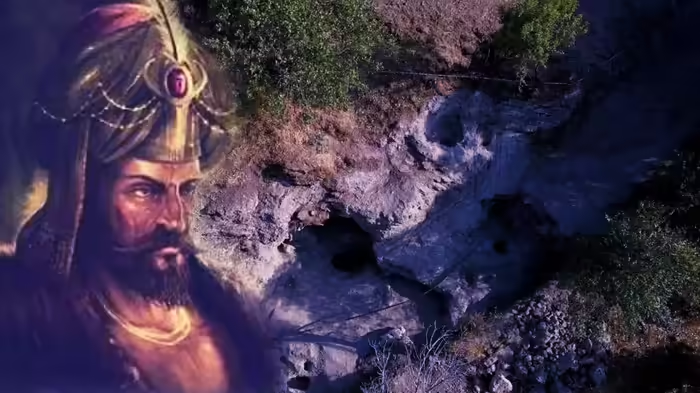In a remarkable archaeological breakthrough, researchers in Turkey have unearthed a 2,700-year-old temple near the modern city of Denizli. Once the heart of the mighty Ottoman Empire for five centuries, Turkey continues to reveal layers of its ancient past. This newly discovered temple is believed to date back to the Phrygian civilization, which ruled the region between 1200 and 650 BCE.
🏛️ Temple Dedicated to the Mother Goddess
Experts suggest the temple was likely dedicated to a revered Mother Goddess, associated with fertility and nature. The Phrygians worshipped this deity under various names, including Materan, Matar, and Cybele. Alongside the temple, archaeologists also found a sacred cave, indicating the site’s spiritual significance.
Professor Bilge Yilmaz Kolanci from Pamukkale University told Live Science that the sacred site includes a Phrygian rock monument, the cave, and twin stone statues nestled among the ruins. These findings offer a rare glimpse into the religious practices of the Phrygian people, whose most famous ruler was King Midas—legendary for his mythical golden touch.
🌍 Influence Beyond Phrygia
Historical evidence shows that the worship of the Mother Goddess extended beyond Phrygia, influencing ancient Greek and Roman cultures. Even after the fall of the Phrygian Empire, the goddess’s cult continued to flourish across the Mediterranean world.
This discovery not only enriches our understanding of Anatolia’s ancient civilizations but also highlights the enduring legacy of spiritual traditions that transcended borders and empires.
